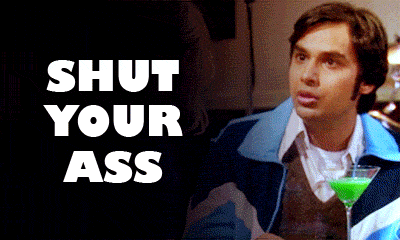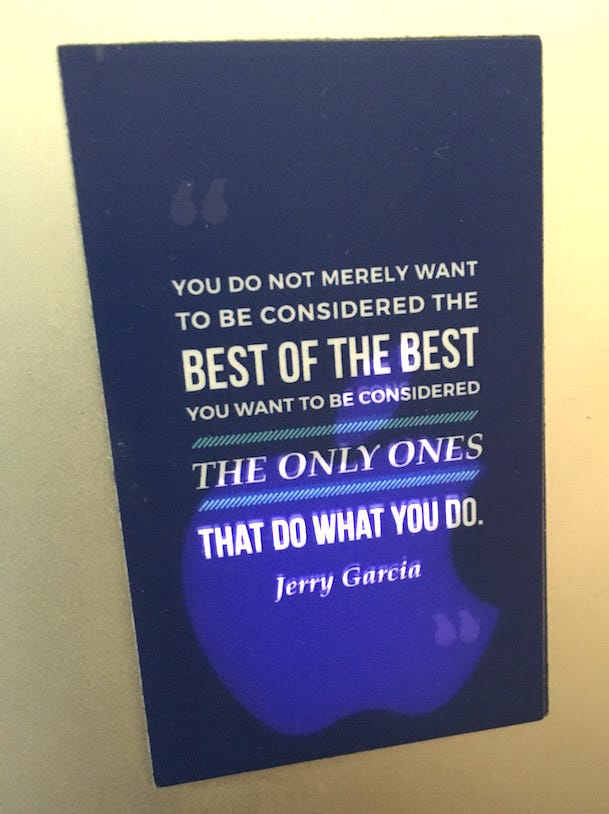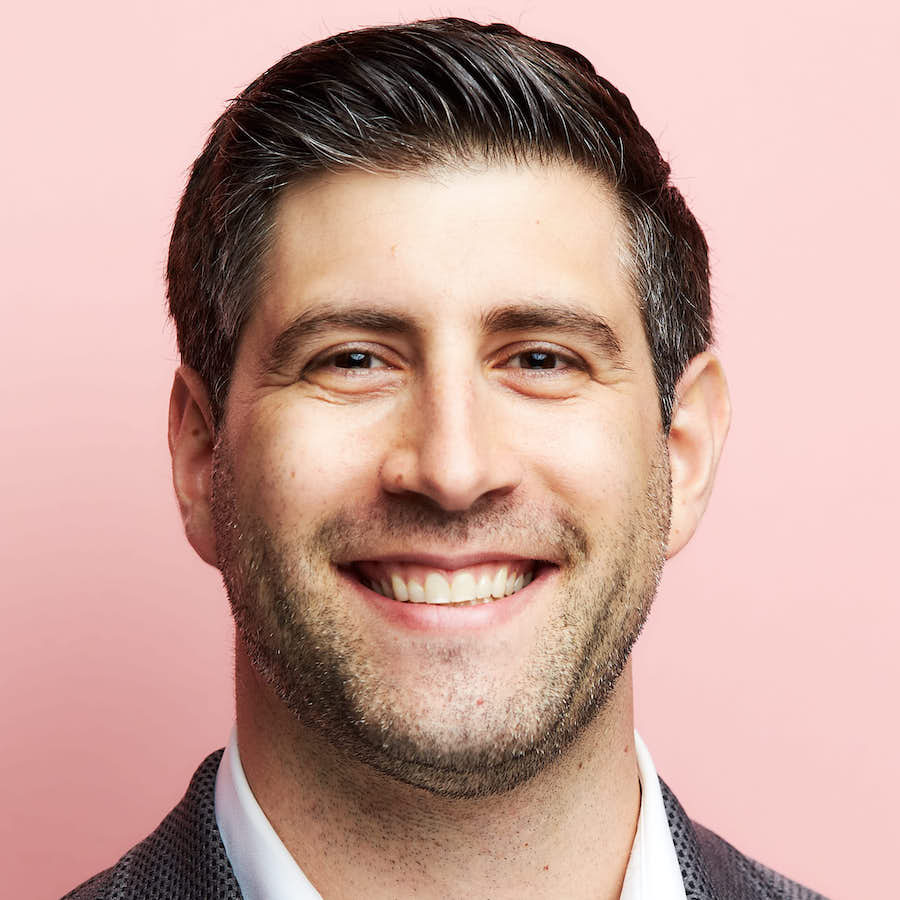All Best Practices Really Are: A Decent Start
This article originally appeared in my weekly newsletter, Damn the Best Practices. Get one new idea or story every Monday for being better than commodity work. Subscribe here.
Every month, I like to do a handful of 1:1 video calls with people who support my work. I spend the first half asking questions to try and learn new things and keep improving, while the second half is reserved for anything the other person wants to discuss. Few things have been more transformative to my career and my creativity than doing this. It’s a page I’ve stolen from the best product managers with whom I’ve worked. I’ve become damn near religious about it. But last week, I had my faith shaken.
I was talking to Andy Cook, the co-founder and CEO of Tettra. He’s a client of Unthinkable Media, and together, we’ve created the show Org Uncharted. I told Andy about some feedback I received about the show during my last round of calls, and after he welcomed the chance to implement it, he asked a simple question:
“Do you think these people are biased in our favor because they know your work so well?”
Huh. I hadn’t thought of that. I was so caught up in this simple idea — so religious about it — that I’d stopped trying to improve my approach. Ironic, no? My approach to improving my work had stopped improving. I was clinging to an overly simplified concept in order to not face a more complex reality: I need to inform my work with many different perspectives. I’m still thinking through the next steps I’ll take from here, but this interaction with Andy leads us to a central tension in our work as creators that we should confront today:
The power of simple ideas vs. the complexities of creating things.
Naturally, I want to make this discussion simple. (This newsletter is already chasing its own tail, isn’t it?) Along those lines, I thought I’d try a simile. I’ve been told that I’m strangely good at creating them. Apparently, it’s like (or as) my superpower. So…
Imagine that reality is like a giant ball of stuff that you’re trying to navigate. It’s not just yarn and wires and other twisty things, but all kinds of random objects that get caught inside too. The longer you live, the more you learn things, the messier the ball seems to get. A tough lesson here, a new skill there, and a bunch of memories both painful and wonderful dot the path ahead. Around the corner looms a challenge to your worldview and that song that won’t leave your brain, and, wait a second, is that my middle school yearbook next to a canister of Pogs?! Pass the LA Looks gel and get ready to lose your stash, suckas!
Sweet, sweet childhood fads aside, the ball of stuff that is reality only seems to get messier over time. And so, in response, we love pithy quotes shared on social media. We follow experts who claim to have secrets. We cling to bestpractices as if they’ll save us. All of these are so neatly packaged that the stress of that giant ball of stuff seems to fade away. They’re like little threads that stick out from the gnarly mess: easy to spot, easy to grasp with our minds and fingers both.
Those 1:1 video calls I conduct each month are one of my personal threads. They’re a simple way to gather feedback (a complex task) from you (a complex being) about my three podcasts (all complex entities).
I have other threads here in my hand too. For example:
- This quote by John Cleese: “Creativity isn’t a talent. It’s a way of operating.” HELL YES! Lightning to the chest! The first time I heard him say that, I nearly punched my neighbor in the face.

- My two favorite aphorisms about developing new ideas. The first is about gathering feedback from others. (“Look for a small number of people reacting in big ways.”) The second is about proceeding when something resonates. (“If something works, don’t do more like it, do more with it.”) As a result of these little threads, I navigate the messy ball of reality by creating little things first, looking for strong responses second, and expanding to larger projects next. For instance, this blog post became a breakout session I offer alongside my keynotes. This post became a podcast which became an entire company. In both cases, I created the next thing because the previous thing seemed to resonate on a deep emotional level.
- Lastly, there’s my all-time favorite quote. I actually covered the Apple logo on my laptop with it. (Strangely enough, I don’t really listen to the Grateful Dead.) Here it is:

These are just some of the threads I’ve spotted sticking out from that nasty ball of reality I need to face every day as a creator. I’ve grasped them tighter over the years, but Andy’s simple question made me realize the inherent danger in doing so.
Far too often, we start to believe that these threads in our hands ARE the ball. We view our favorite best practices or nice-sounding ideas as reality. We find a list of steps shared by an expert, and we follow it to the letter — never infusing their thinking with details from our own lives and environments. We worship the thinker who makes newsletters sound nice and podcasts sound awesome (..heh..), rather than continually wonder, “How much of this is actually relevant to me?”
Instead, we declare, THIS is the ONE THING I was missing! This is THE truth, THE way, THE answer!
And when we’re forced to face reality, we can get frustrated. The best practicedidn’t save us. The expert didn’t give us final answers. The little thread didn’t actually replace the mess of the ball.
Because that’s not how life works. Life IS messy.
That’s not how careers work. Careers ARE complex.
The smartest pithy maxim, the most popular best practice, or the simplest sounding secrets are lovely little threads — but they’re still anchored somewhere deep inside that ball of stuff. When we conflate the thread with the ball, we ignore reality. We wish for simple answers or silver bullets. We ignore crucial details sitting right in front of us that can inform our thinking better than any bestpractice possibly can — as I did with my 1:1 video calls.
I shouldn’t DROP that thread. I should pull on it. I should see where else it leads me, and what else it’s connected to that can make me better and better over time. Rather than conclude that this “best practice” is my simple answer, I realize know that it’s a simple starting point. That’s what any best practice is, in the end: a decent start.
No matter how brilliant John Cleese sounds, sometimes, I should shape my “way of operating” to accentuate my innate talents. No matter how original Jerry Garcia encourages me to be, I should still learn from the best of the best. No matter how much passion I see from a small number of people reacting in big ways to my work, I should still supplement that with other forms of insight.
Then again … sometimes I shouldn’t 🙂 It’s a mess after all.
The more you follow one thread, the more it leads to another, then another. You encounter old stuff, and new stuff, weird stuff, and simple stuff. With each loop and tangle you traverse, you receive a little more information — all of which shapes your thinking. If we don’t allow that to happen to us, we’ll stagnate. We’ll do average work because we keep trying to escape reality with our oversimplified best practices.
Now, the current Championship Belt holder for similes about life belongs to one Mr. Forrest Gump. I won’t oust him anytime soon, because life is indeed like a box of chocolates. But let’s focus less on what life is like, and end today thinking about what we’ll get: you never know. It is, after all, a mess.
Reality is uncertain. Chaotic. Complex. It’s a giant ball. A beautiful, wonderful, messy ball of stuff.
So go ahead and grab that thread. Just remember: It’s not your way out. It’s your way in.

Founder of Marketing Showrunners, host of 3 Clips and other podcasts and docuseries about creativity, and author of Break the Wheel. I’m trying to create a world where people feel intrinsically motivated by their work. Previously in content marketing and digital strategy at Google and HubSpot and VP of brand and community at the VC firm NextView. I write, tinker, and speak on stages and into microphones for a living. It’s weird but wonderful.
Get in touch anytime: jay@mshowrunners.com // Speaking inquiries: speaking@unthinkablemedia.com

